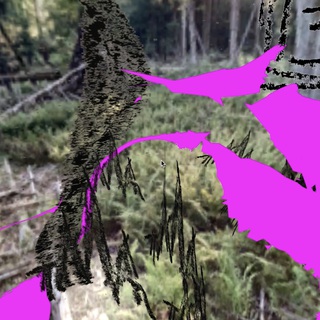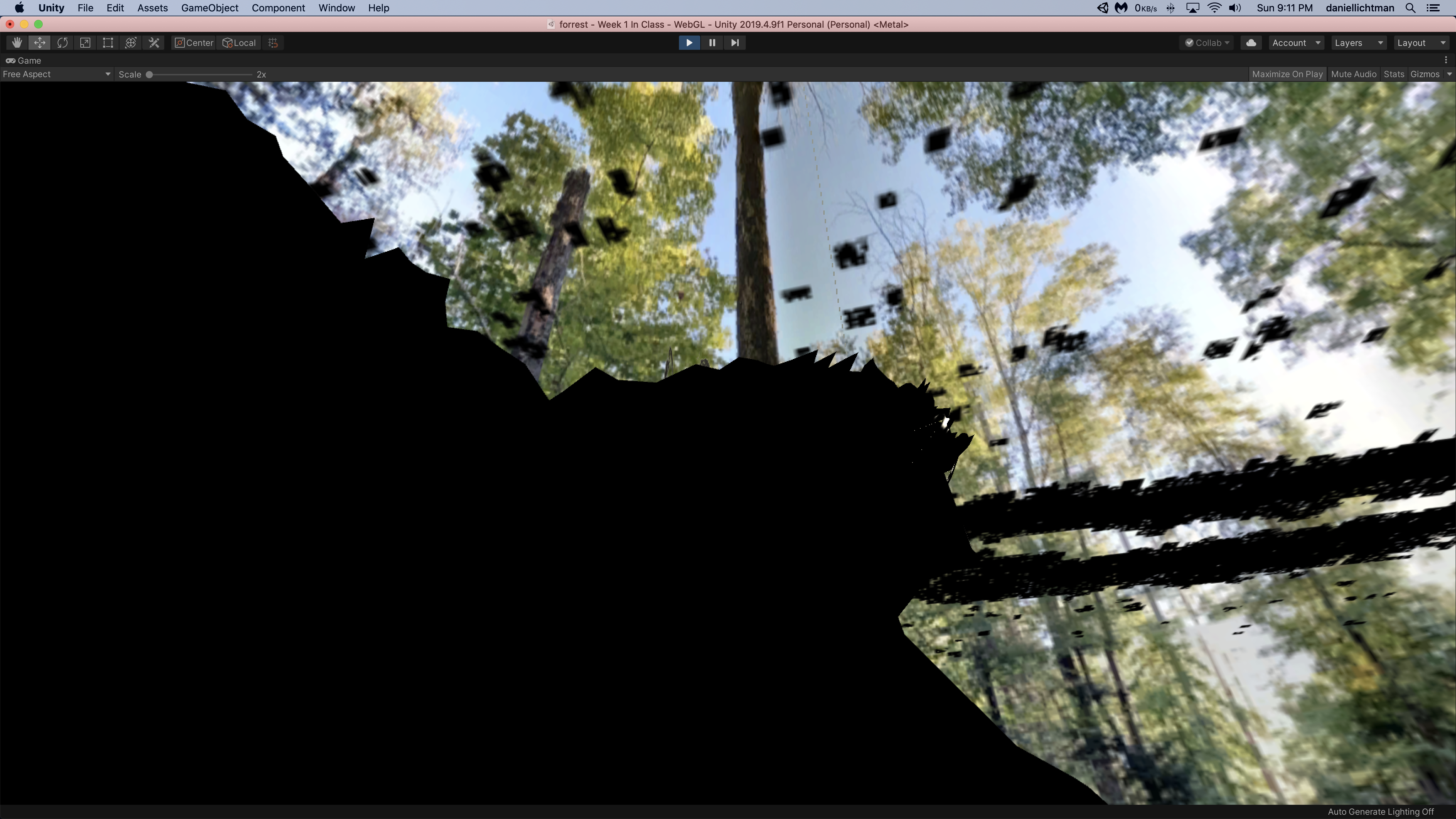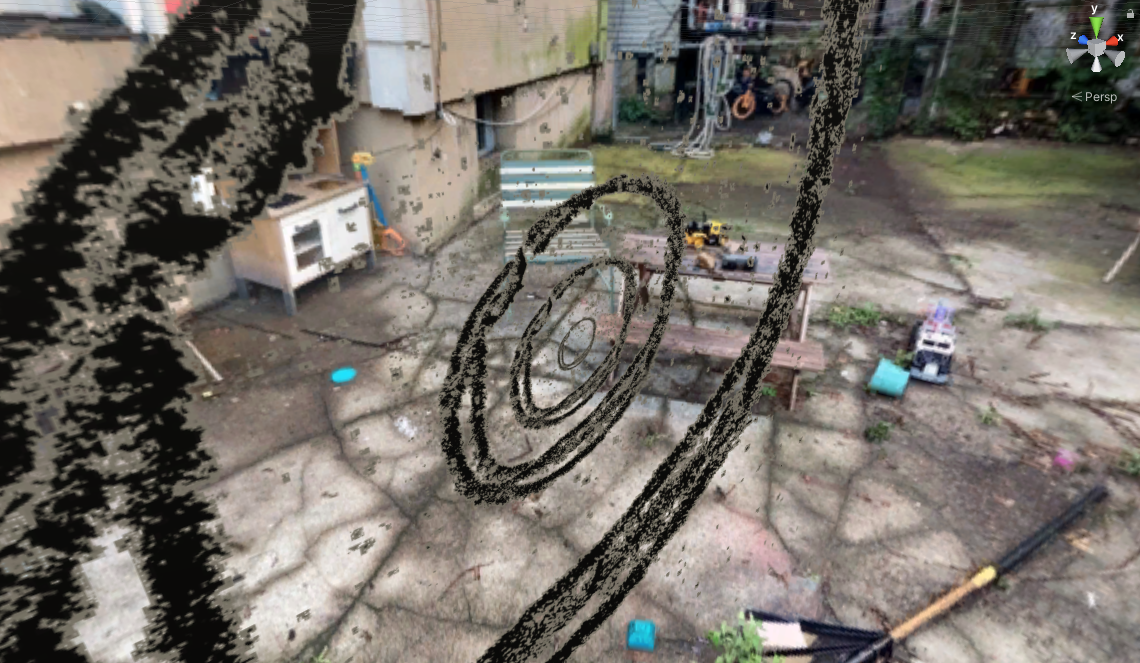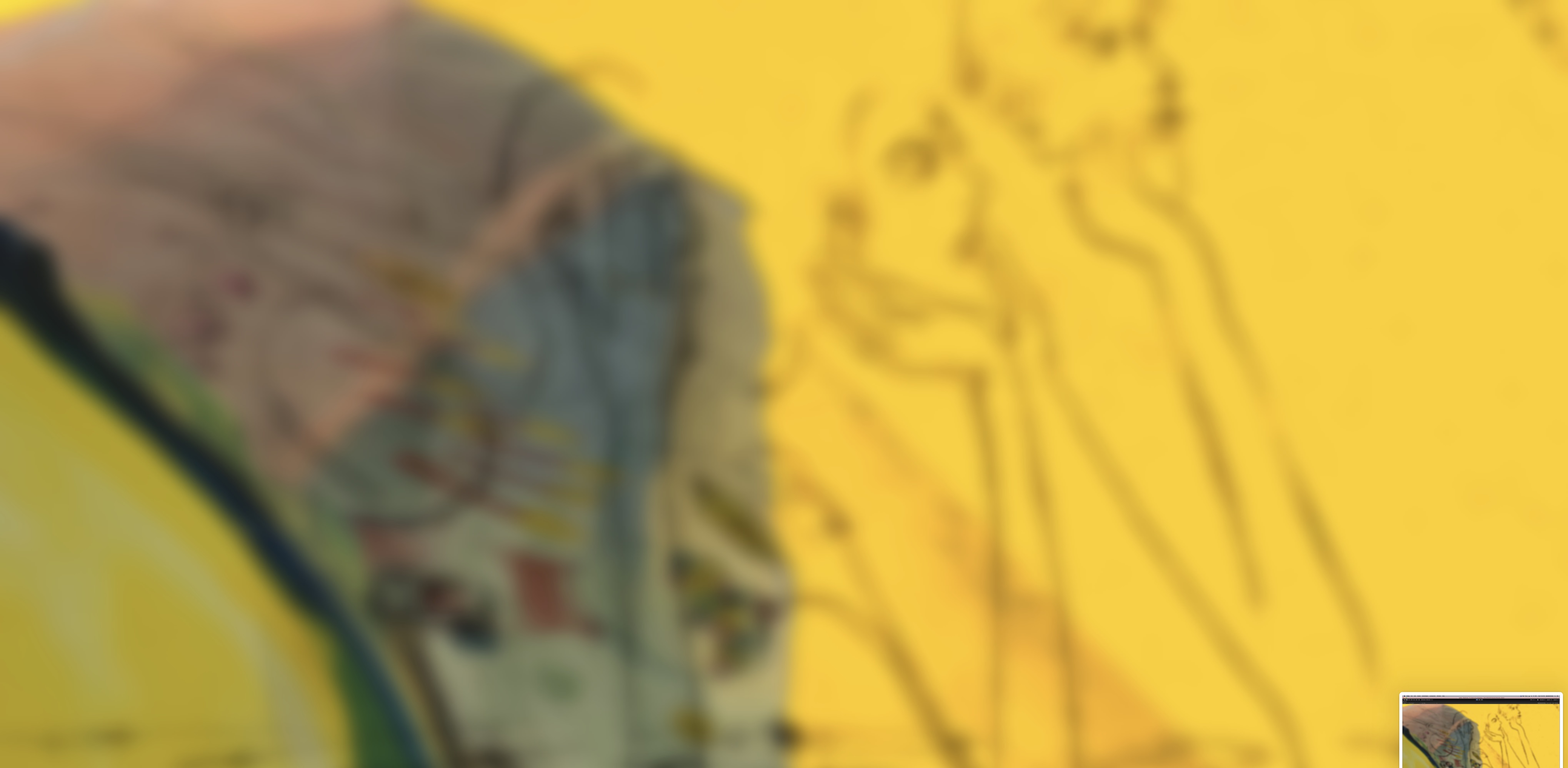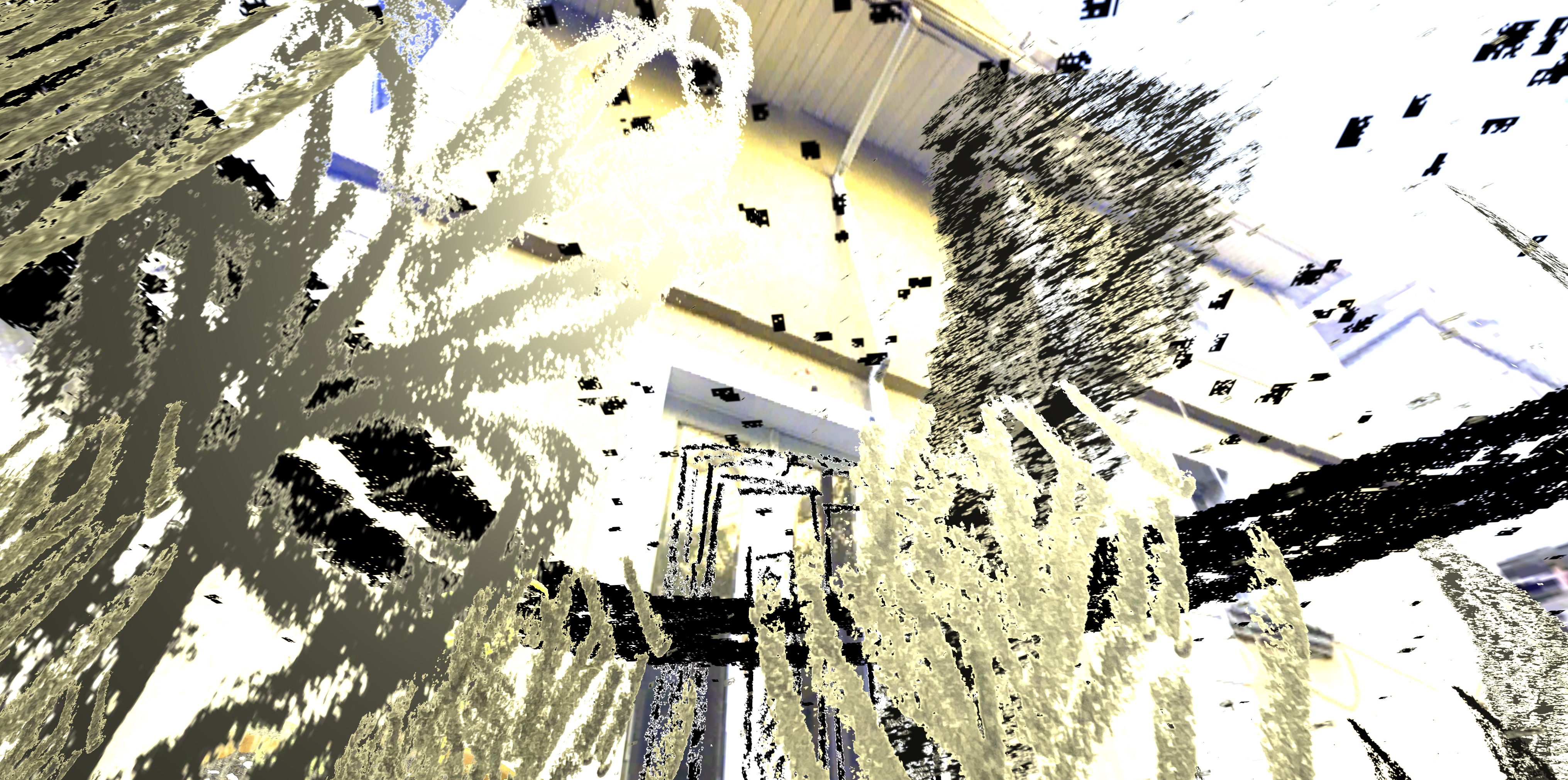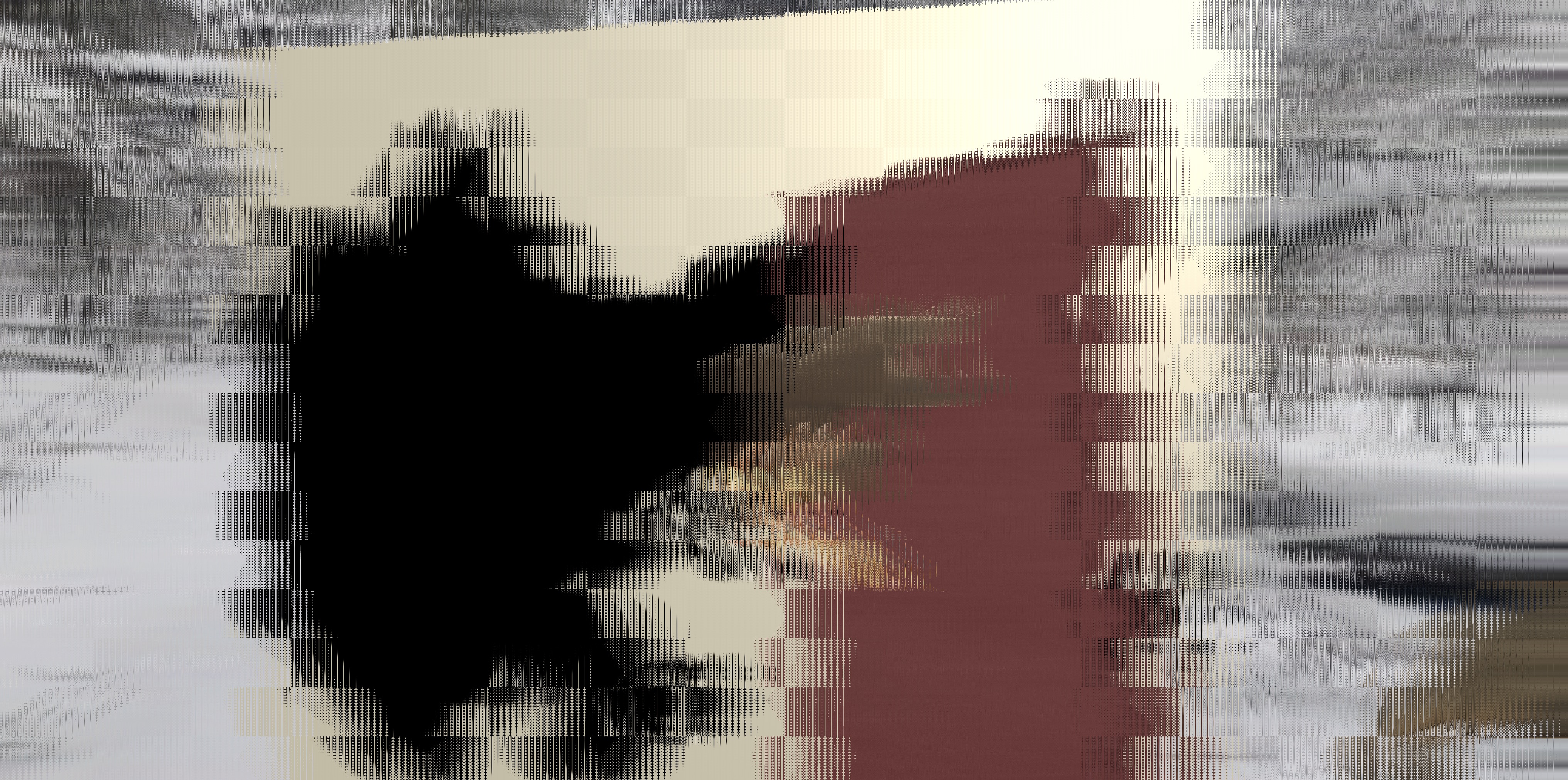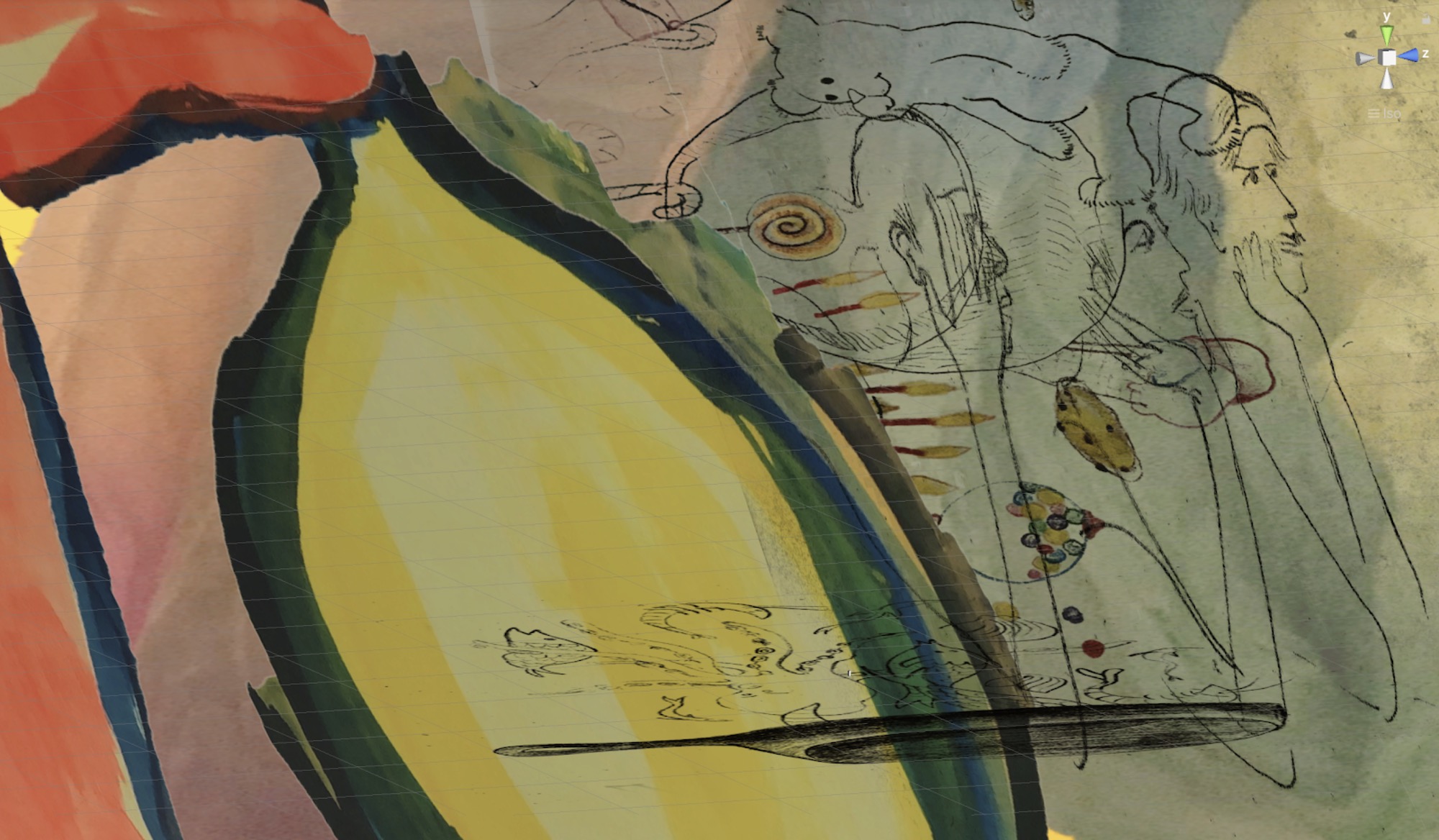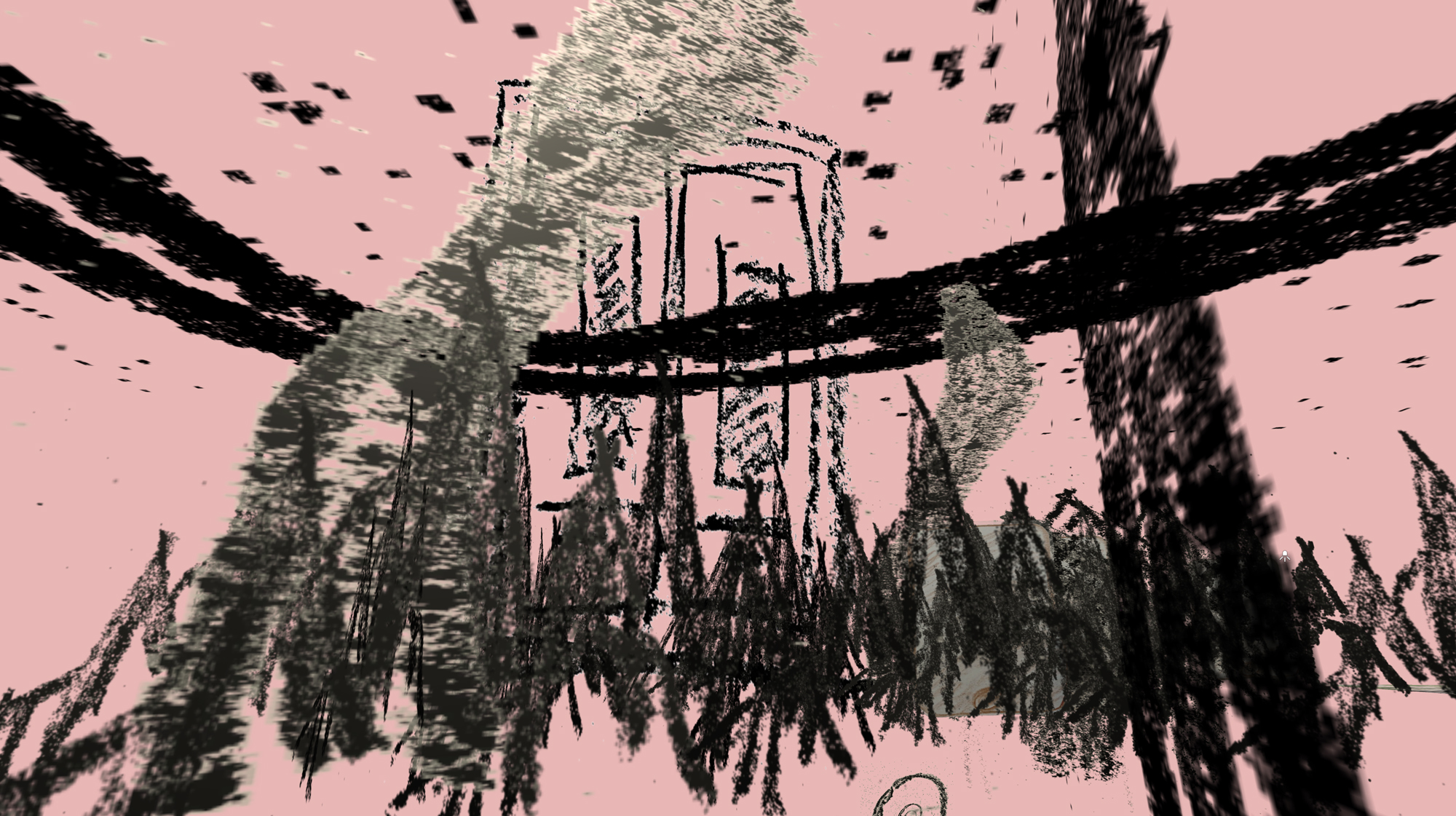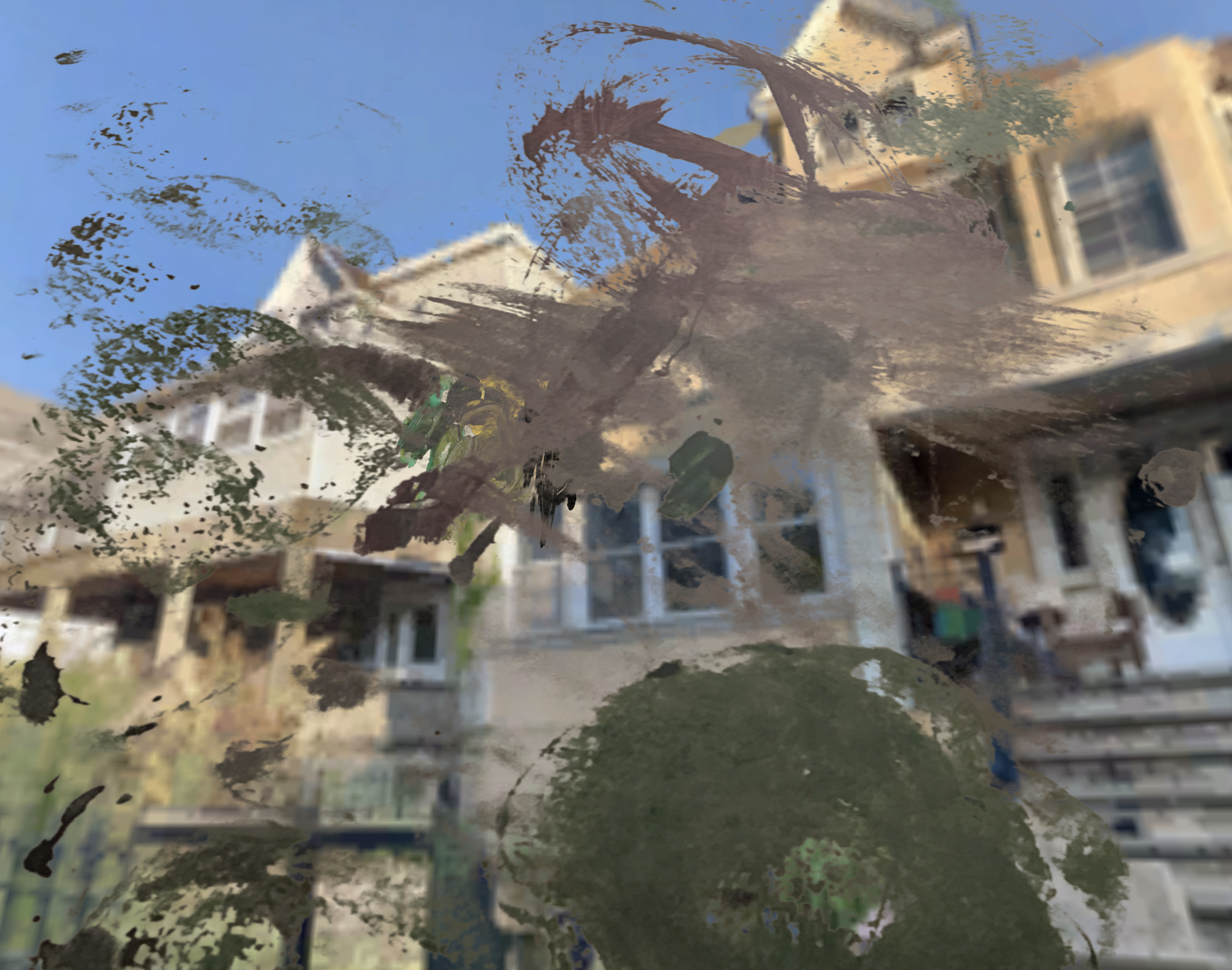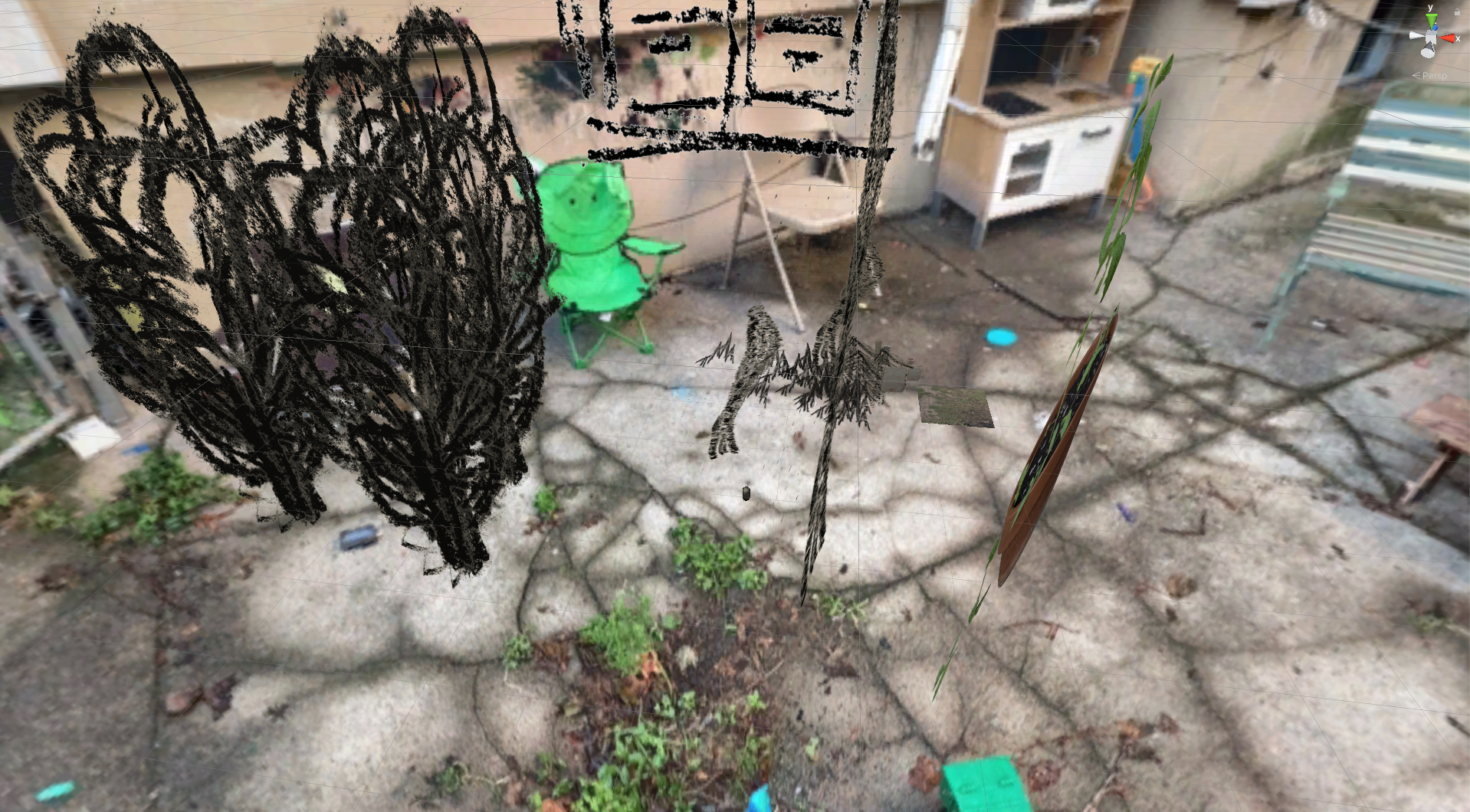The Raisin Truck Makes Raisins // Daniel Lichtman
The Raisin Truck Makes Raisins is a collaboratively produced, 3D game that uses collage, spatial orientation/disorientation and chaotic visual abstraction to reflect on the experience of caring for young children during pandemic and lockdown. Scenes in the game are produced with care-takers from a variety of family configurations and economic situations. The project explores a shifting combination of collective experience, individual experience, the experience of the caretaker and the experience of the child.
Collaborating care-takers contribute sketches, drawings, photos and sound recordings that reflect on their emotional relationship to the landscapes, objects and environments in which they care for children during the pandemic. Inspired by surrealist collage and techniques of exquisite corpse, these materials are collected together into a series of abstract landscapes that present a diverse range of experiences with childcare-in-isolation: busy, beautiful, frustrating and chaotic, marked by vulnerability, aggravation and resilience.
This project is based on the Community Game Development Toolkit, a set of game development tools that I designed that make it easy and fun for communities and individuals to create 3D environments and landscapes using their own drawings, collages, photos and other art materials. The goal of this toolkit is to provide a framework for diverse communities to collaboratively explore game design as a means for representing their own traditions, rituals and heritage, regardless of their access to technical skill.
Raisin Truck seeks to amplify the experiences of a diverse community of artists and collaborators who take care of children. This includes underrepresented family configurations such as same-sex and genderqueer care-takers, as well as care-takers who come from a variety of economic situations. The related game development toolbox seeks to provide an intersectional range of individuals and communities with the possibility of easily using their own audio/visual style to create interactive 3D worlds and games that explore and reflect on any aspect of their own experience.
